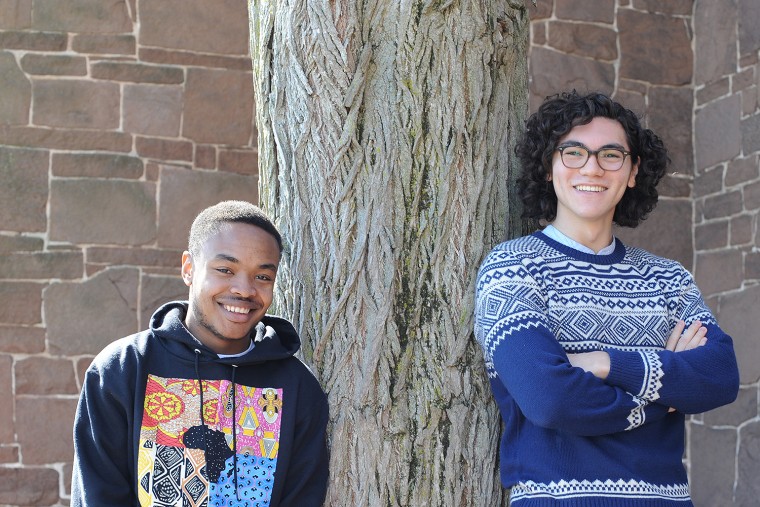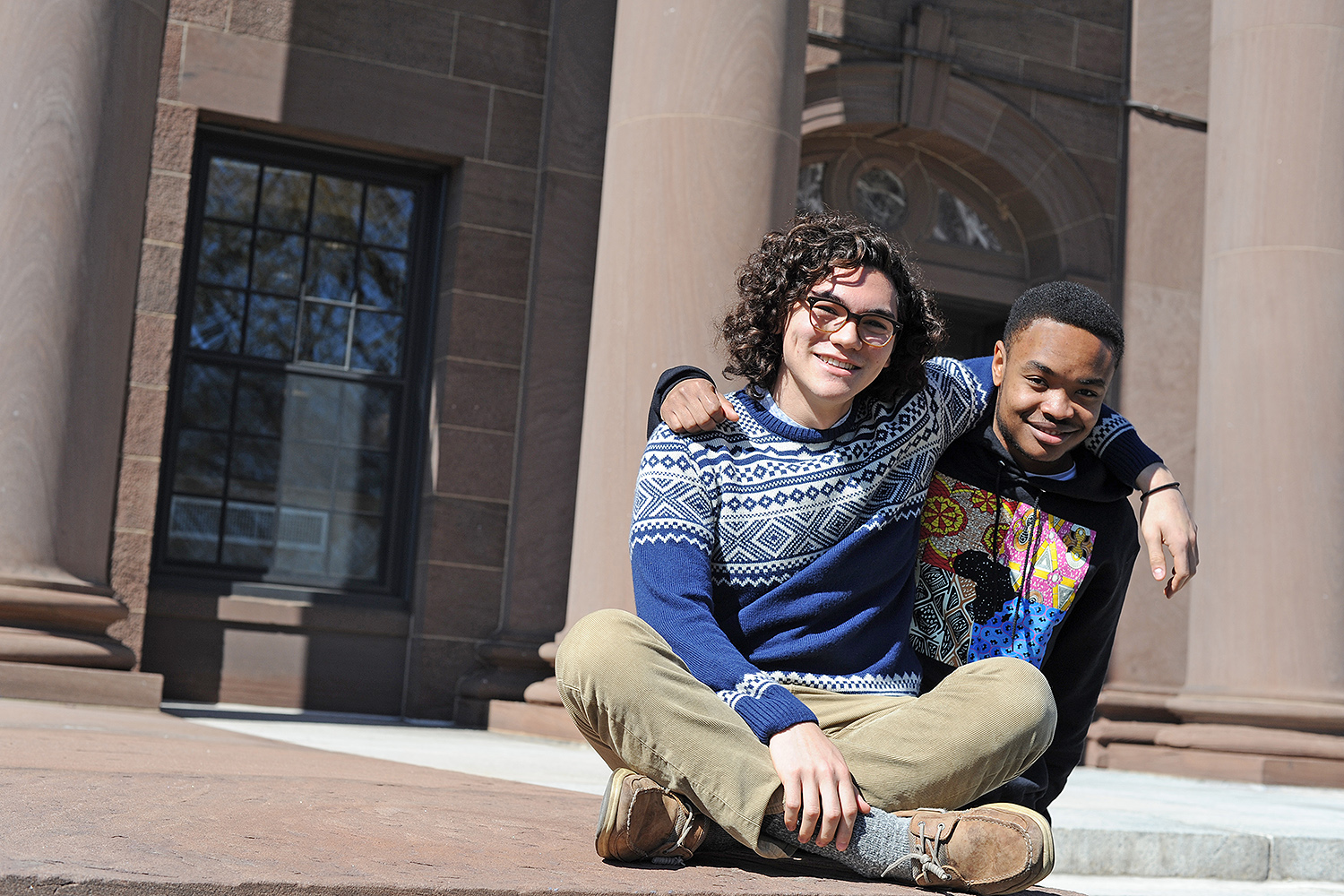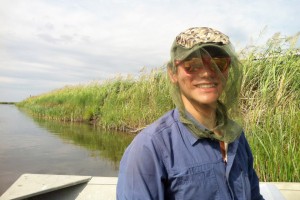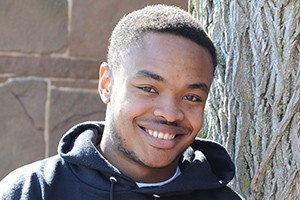Watson Fellows to Study Aquaculture, Immigrant Detention Abroad


As 2016 Watson Fellows, Noah Hamlish ’16 will examine the effects of aquaculture in coastal communities and Chando Mapoma ’16 will investigate alternatives to immigrant detention.
The Thomas J. Watson Fellowship is a one-year grant for purposeful, independent study awarded to graduating college seniors. Fellows conceive original projects, execute them outside of the United States, and embrace the ensuing journey. Fellows receive a $30,000 stipend and are required to submit quarterly reports.

Hamlish, a molecular biology and biochemistry major from Chicago, will research “Blue Revolutionaries: The Human Experiences Surrounding Aquaculture (farmed fish and seafood) in Coastal and Island Communities” in Norway, Scotland, Thailand and New Zealand.
Through his past experience working in conservation, environmental and marine science research, Hamlish learned that the source of our seafood is threatened by drastic overfishing and harsh ocean environment degradation. In communities where traditional fishing has played a central role in economic, cultural and social life, Hamlish wants to understand how aquaculture has acted as an inclusive and exclusive force, incorporating new groups into seafood production and limiting others’ access to key natural resources. By exploring these nuanced human perspectives, Hamish hopes to gain a more complete understanding of the effects of aquaculture in coastal and island communities.
“Aquaculture presents itself as a logical, environmentally friendly alternative to wild fishery collapse, however aquaculture is still widely seen in a negative light in the United States and has not been widely accepted,” he noted.
Hamlish, a member of Wesleyan’s varsity swim and diving team, always had a strong connection to the water. He loves kayaking and surfing and considers himself a “voracious consumer of seafood.”
“What has been sorely missing in my experiences is an understanding of the social changes brought about by aquaculture,” he said. ” I chose this project because I hope to connect with the ocean as a biogeochemist in my lifework, but this career cannot rest solely upon metrics, methods and materials. For me, it is absolutely crucial to gain personal experience of the myriad ways in which humanity connects with the ocean. I want to find and recognize the mixture of excitement, anxiety, joy, and frustration that may exist in coastal and island communities where aquaculture is directly impacting the ways people live.”

Mapoma, a College of Social Studies and French double major, is an international student who hails from Lusaka, Zambia. His Watson project is titled “Unlearning Incarceration: Investigating, Comparing and Contrasting Alternatives to Immigrant Detention” in South Africa, Australia, Israel and the United Kingdom.
These countries, Mapoma explained, represent different facets of the problem of irregular migration: South Africa deals mainly with land migration while Australia has a lot of refugees coming via boat. Israel provides an “interesting cultural case study” and the dilemma of being a “transit state.”
In many places, those who flee their circumstances are incarcerated. During his Watson Fellowship, Mapoma will investigate alternatives to detention by interacting with refugees and exploring a multitude of programs that could become viable policy options.
“There are countless testimonies of refugees attempting to escape death, persecution or oppression, only to be put in jail when they reach the country they seek refuge in,” Mapoma said. “Alternatives to detention offer countries other ways to deal with irregular migration and provide them tools to handle those seeking refugee status in a way that protects their basic human right.”
“I want to hear the different stories and about the different journeys that refugees took. I would love the opportunity to just listen and learn from their experiences,” he said.
Mapoma also is president of the African Students Association, co-chair of the Student Judicial Board and works as a senior interviewer for the Office of Admission.
“I chose my topic because the current global refugee crisis was heartbreaking,” Mapoma said. “I found myself wanting to change the channel every time some news about refugees came on. I have found that I learn the most from what I have visceral reactions to, and my Watson research project is me leaning into that discomfort.”

